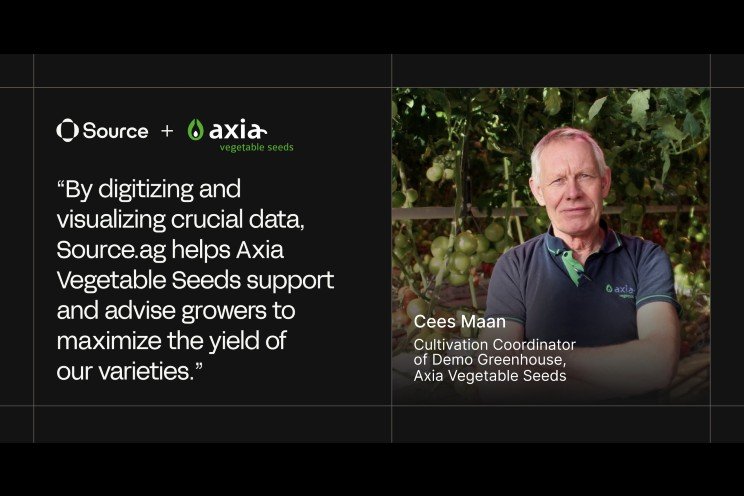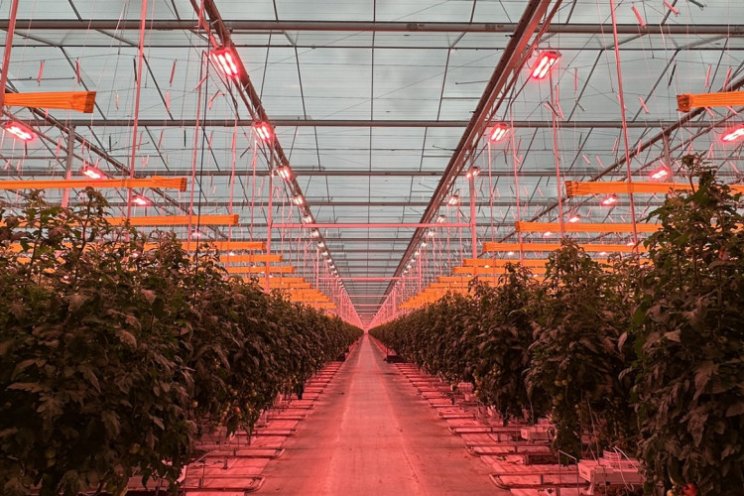100% control of root-rot disease infecting plant-based crops
Added on 25 January 2021

- Disease control of root-rot Aphanomyces zoospores in laboratory tests.
- Outstanding Efficacy: 100% control at economic application rates within 24 hours.
- Aphanomyces is a soil-borne root-rot disease that destroys peas, lentils, and legume crops.
MustGrow's remarkably safe and effective organic biopesticide is plant-based - harnessing the mustard seed's natural defense mechanism to control diseases, pests, and weeds with an organic food-grade biopesticide.
Aphanomyces is a water mould pathogen responsible for root-rot disease, infecting a variety of peas, lentils and other legumes collectively referred to as pulse crops. The disease causes severe root damage and wilting, with yield losses ranging from 10% to 100% in infected fields (1). Canada is one of the world's largest producers (~9.2 million tons; 2019) and exporters of pulse crops (2). Industry experts conservatively estimate $20 million in annual pulse crop losses in Canada and $100 million globally caused by Aphanomyces (1). Current treatment measures cannot control Aphanomyces - they are only able to slow down the spread and reduce the incidence and severity of the disease.
"It is great to see MustGrow's mustard plant-based biopesticide continue to perform, particularly with 100% disease control measured at exceptionally low application rates. The level of control of hard-to-kill diseases we continue to achieve combined with the beneficial properties of our product for soil health provide a great opportunity for improved yields for farmers and a more robust food supply." remarked Colin Bletsky, COO of MustGrow. "I am very hopeful that we can potentially provide a valuable crop-protection tool for pulse crop farmers."
Plant-Based Crop Protection for Plant-Based Protein
MustGrow feels it makes both logical and ecological sense to protect plant-based protein crops with plant-based crop protection inputs. MustGrow's product is a pre-plant soil treatment, meaning application to the soil occurs before crops are planted. Application of MustGrow's biopesticide returns organic plant material to the soil through this pre-plant treatment process as a potential alternative to using synthetic chemicals.
According to MarketsandMarkets and analysis by EY-Parthenon, the global plant-based protein market size is projected to grow from US$12 billion in 2019 to US$28 billion by 2025 (CAGR of 15%). This is attributed to several drivers, predominantly rising consumer health-consciousness, growing prevalence of protein-rich pulse crop food products, and technological innovations in plant-based protein extraction. To accommodate the rise of plant-based protein demand, Fior Markets estimates the global pulse crops market will grow from US$16.2 billion in 2017 to US$24.3 billion by 2025 (CAGR of 5.2%).
The interest in MustGrow's plant-based biopesticide is increasing as farmers, consumers and investors seek 'natural biological' alternatives to synthetic chemical pesticides. Adverse global climate and weather events are expected to negatively impact food supply for a growing human population. Warmer temperatures are expected to increase pest infestations and with more pests there will be more damage to crops. The development of safe and effective biopesticides will be critical for future food security and environmentally sustainable agriculture.
Source: MustGrow
Photo created by pch.vector - freepik
Source: MustGrow
More news















